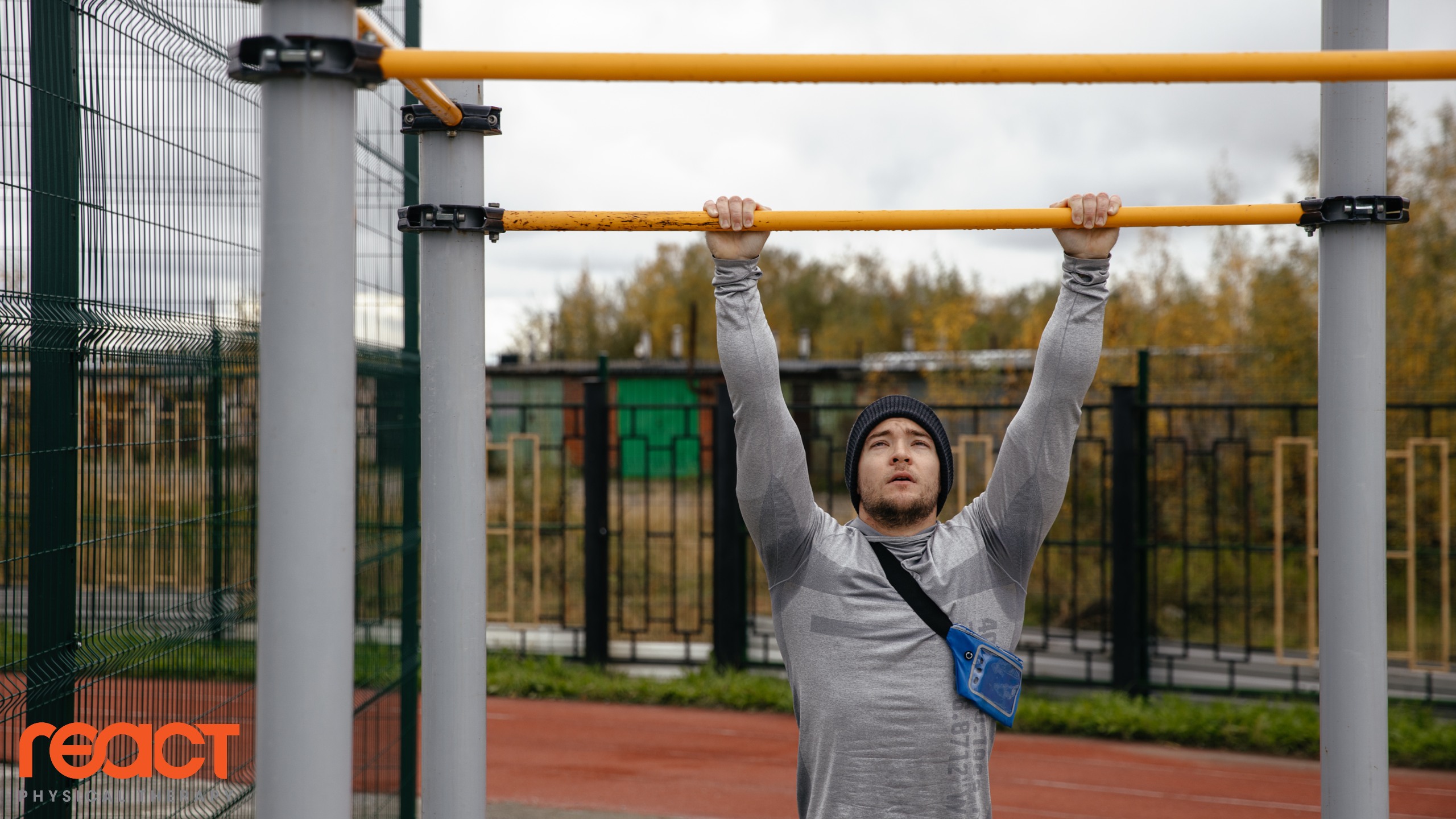Grip Strength: A Tool For Predicting Overall Health Risk

Over the past few years, more and more research has been performed on grip strength and how it can be used as a tool for predicting overall health risks. It has been found in a variety of studies that deficits in grip strength can be predictive of heart, cognitive, emotional, mobility and functional declines. In PT school, I had a professor who even believed grip strength should be used as a 5th vital sign (after heart rate, temperature, blood pressure and respiratory rate).
Grip strength can be very easy to measure. In the clinic, we use a tool called a dynamometer to assess grip strength. Studies differ on what the norms are for grip strength, as they are different for certain age groups and between sex. If you want to use grip strength as a tool of general health status, the key is to get a baseline and use the baseline to determine if grip strength is improving or declining.
The idea here is not that you need to start strengthening your grip every day to improve your health. Grip strength is thought to be a biomarker of overall health and studies show that the more you exercise in general and the healthier you are, the higher your grip strength will be.
It is also important to remember that your grip strength will change a little day to day.
If it is noticeably lower than usual, it DOES NOT mean you are at risk of disease or should be concerned; it probably just means you are generally fatigued that day. Maybe you have been overly stressed lately, haven’t been getting enough sleep, poor diet or maybe you over worked at the gym yesterday. The key is to think of “why” your body may be generally fatigued and make some healthier decisions – try to get some extra sleep, perform some light resistance exercise, go for a walk, etc. Same idea as when your smartwatch tells you your heart rate has been a little higher than usual; just an indicator that you may want to reduce stress or adjust activity levels.
Another great way to assess grip strength, especially for those who are performing resistance training regularly, is the bar hold. Grab onto a pull up bar and hang for as long as you can – if your ability to hang on is shorter than most days, it may be an indicator you are overly fatigued and that you work more on recovery.
Medical Disclaimer: This information is not a substitute for medical advice. All information, content, descriptions, comments, and material of this website are for informational purposes only and are not intended to serve as a substitute for the consultation, diagnosis, and/or medical treatment of a qualified physician or healthcare provider. The use of this content is at your sole risk.